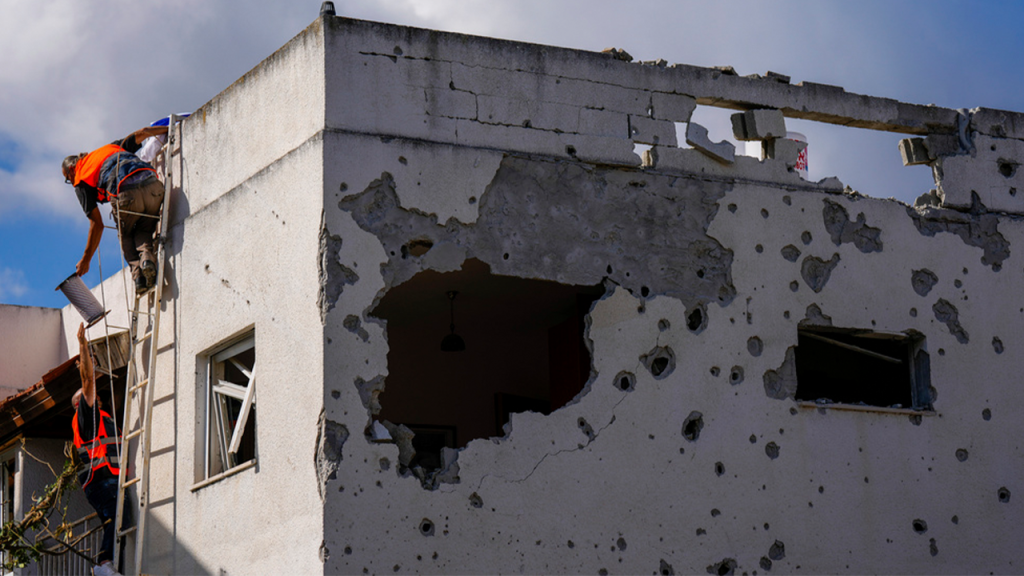Hezbollah fired over 100 rockets into northern Israel in response to Israeli airstrikes targeting the group in southern Lebanon, escalating tensions between the two sides. The airstrikes killed dozens, including a top Hezbollah commander, Ibrahim Akil. Hezbollah’s deputy leader promised that the rocket attack was just the beginning of an “open-ended battle” with Israel. Israeli Prime Minister Benjamin Netanyahu vowed to restore security in the north and take necessary action in response to the rocket attacks.
The Israeli military continued to strike militant sites in southern Lebanon, including rocket launchers, thwarting an even larger attack by Hezbollah. The back-and-forth attacks between Israel and Hezbollah come in the wake of explosions in Lebanon that were widely blamed on Israel. Israel has been engaged in frequent clashes with Hezbollah fighters since Hamas militants attacked Israel, leading to casualties in both countries. The fighting intensified as Israel shifted its focus from Gaza to Lebanon, raising concerns about resource strain and complicating ceasefire prospects.
Retired Army Brig. Anthony Tata criticized the Biden administration for a perceived lack of “moral clarity” in the conflict and stressed the importance of Israel prioritizing the fight against Hamas before dealing with Hezbollah. President Biden expressed concern over rising tensions in the Middle East and pledged to prevent a wider war from breaking out. Hamas continues to hold around 100 captives from its attack in southern Israel, and casualties have been reported on both sides. The Israeli military intercepted aerial devices from the direction of Iraq after Iran-backed groups claimed to have launched a drone attack on Israel.
The clashes between Israel and Hezbollah have resulted in numerous casualties and displaced tens of thousands of people. The conflict has been further complicated by the involvement of Hamas and tensions in the Middle East. Hezbollah’s attacks on Israel are seen as a show of solidarity with Hamas, further entangling the two conflicts. Efforts to secure a ceasefire and prevent further escalation remain ongoing, with concerns about the strain on resources and the potential for wider conflict looming.
As the situation continues to escalate, Israeli forces have vowed to increase pressure on Hezbollah in the coming days, with the military prepared to activate additional capabilities. The ongoing conflict underscores the challenges in the region and the need for international intervention to prevent further escalation. The involvement of Iran-backed groups in attacks on Israel adds another layer of complexity to the situation, with the potential for wider regional implications. Efforts to secure the release of captives and prevent further casualties remain key priorities as tensions persist in the region.


